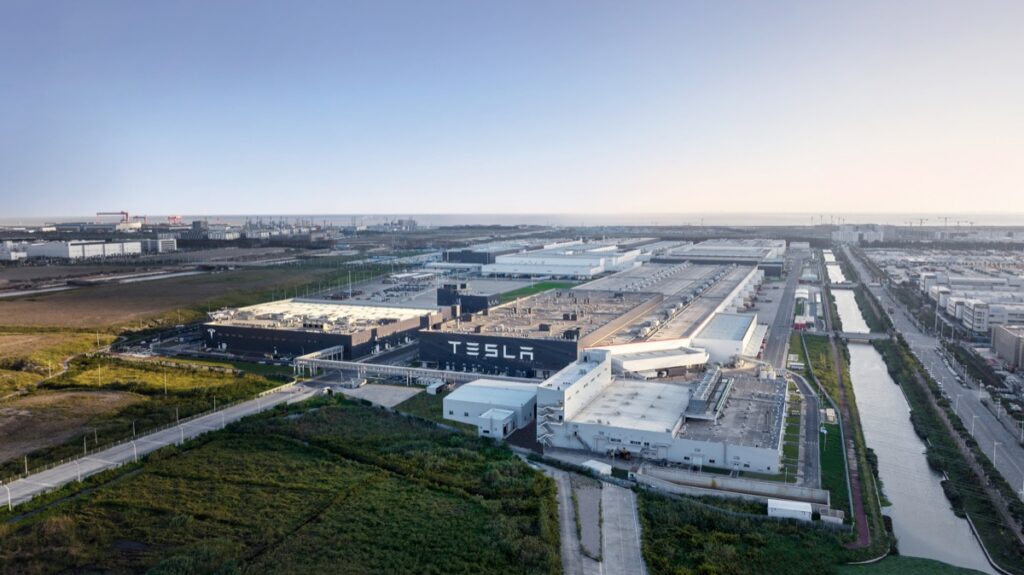
Elon Musk Visits China, Meets with Premier Li Qiang
China’s Premier Li Qiang met with Tesla CEO Elon Musk in Beijing on Sunday, praising Tesla’s contributions to US-China cooperation, according to China’s state television.
The meeting highlighted Tesla as a successful example of bilateral collaboration. Musk’s visit aligns with his interest in expanding Tesla’s autonomous driving technology in China, the world’s largest auto market, amid growing competition from local EV manufacturers.
Musk, invited by the China Council for the Promotion of International Trade, also discussed future cooperation with CCPIT President Ren Hongbin. His trip coincided with the 2024 Beijing Auto Show, although Tesla did not have a booth at this year’s event, reports the SCMP.
“Honored to meet with Premier Li Qiang. We have known each other now for many years, since early Shanghai days,” said Musk on X.
Honored to meet with Premier Li Qiang.
We have known each other now for many years, since early Shanghai days. pic.twitter.com/JCnv6MbZ6W
— Elon Musk (@elonmusk) April 28, 2024
Recently on X, Musk mentioned the potential availability of Tesla’s Autopilot and supervised Full Self-Driving options in China soon, responding to inquiries from a Chinese Tesla owner.
During his visit, Premier Li also toured the auto show, engaging with Tesla’s local competitors such as Xiaomi, BYD, and Geely, all significant players in China’s burgeoning EV market.
Grace Tao, Tesla’s vice-president of external relations in China, underscored in a People’s Daily commentary that autonomous driving is vital for the growth of China’s new energy vehicle sector, suggesting that the technology could lead to innovative business models like robotaxis.
According to Reuters, it claims sources say the visit is about Musk ready to talk about the roll out of Full Self-Driving (FSD) software in China, and permission to transfer data overseas. Since 2021, Tesla has stored vehicle data from its owners in China on servers in the nation. Sources claim Tesla wants permission for Chinese vehicle fleet data to be sent back to the U.S. to train and improve FSD.

